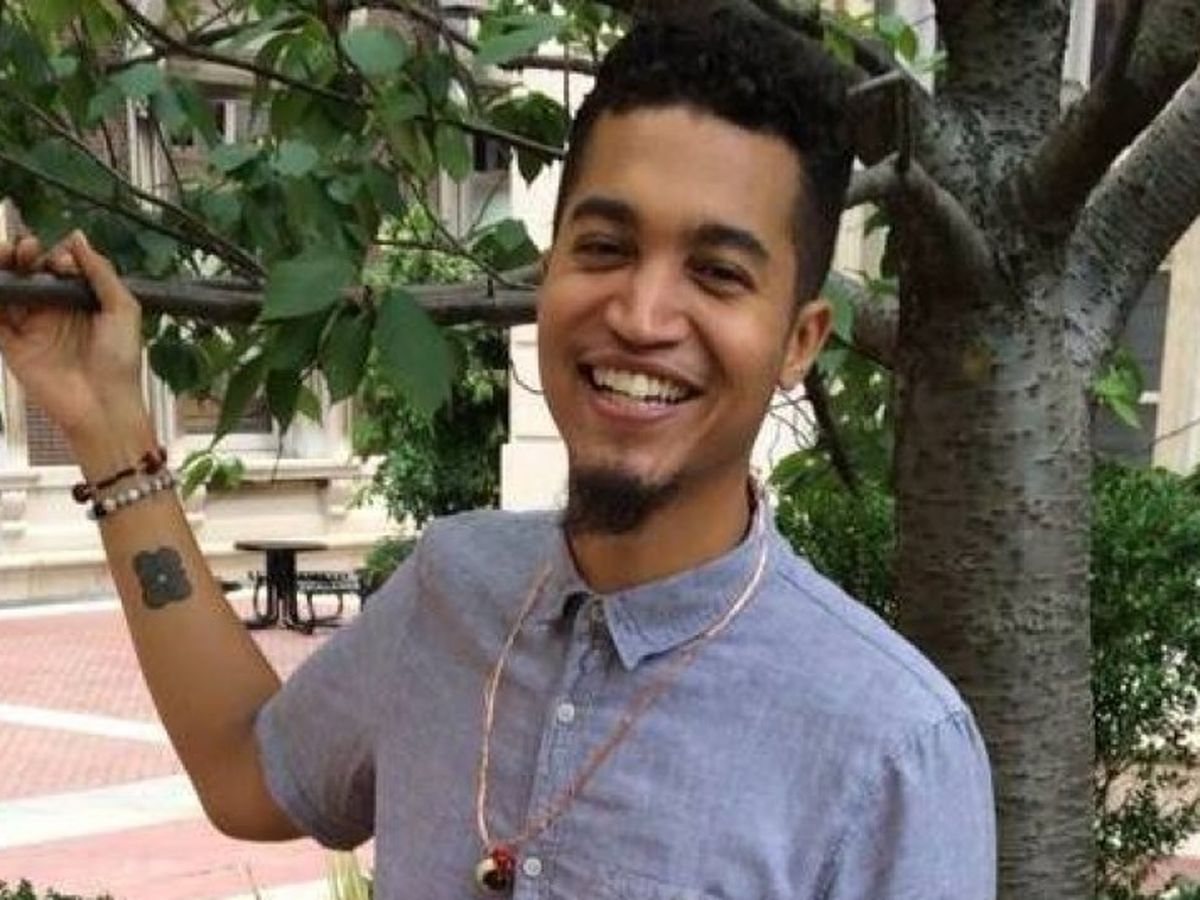Please support my effort to attend and participate in the week long Callaloo Creative Writing Workshop held at Oxford in the U.K. in July 2015. I will get the chance to work with other Black creative writers to propel my own project described below.
As a writer, intellectual, organizer and artist, I, J.T. Roane, am deeply committed to taking the matters of place seriously. Place is not simply the container for human action; it is also at the center of contests about the nature of who we are, how we belong to one another, and how we sometimes disavow those connections. In the workshop community, I will continue working on a novella tentatively titled “Nowhere.” The project seeks to bring together fictive fragments of memory, trauma, and nostalgia attached to two distinct places— a rural upper south community on the brackish rivers of Virginia and an industrial/post-industrial community in South Philadelphia. The overall thrust of the project highlights the connections, possibilities, and traumas carried through black diasporic communities across the nineteenth and twentieth centuries and shaping here and there. For me, diaspora signifies the smaller-scale south-north-south migrations internal to the U.S. but which are also connected to flows in the larger-scale historical and contemporary socio-geographic designation of the African Diaspora. As well, it encapsulates other relationships with place not dependent upon mobility, i.e. stasis and homing for example. If generally, the sites of the diaspora, including Tidewater Virginia and Philadelphia, have been sites of violence and dis-accumulation for their respective black communities, those same communities have also antagonized those relations—sometimes through overt political engagement but most often through small-scale reformulations of place, belonging, and kin. “Nowhere” seeks to capture these more subtle elements and their reshaping effects on both places.
“Nowhere” has, at moments of greatest unease, clawed its way out of my spirit. This project developed, in part, out of a sense of frustration I began to develop in the earlier stages of dissertation work in history at Columbia University. While I seek in my dissertation project, “Sovereignty in the City” to engage a black working class politics of place that emerged and developed in the second-half of the twentieth century, archival collections, shaped by power, dictate narrative possibility for the discipline. Although I have sought alternatives in the co-creation of archives using oral history, there remain lacunas in personal and collective memory marked by trauma. This novella has opened the space for me to write through silences, lingering feelings, longed for moments of possibility, and unnamable pain that also shape place and belonging. “Nowhere” has proven itself a way of riffing off of tangible yet limited archival collections to write different possibilities for the past, and thus also for different futures.
As a writer, intellectual, organizer and artist, I, J.T. Roane, am deeply committed to taking the matters of place seriously. Place is not simply the container for human action; it is also at the center of contests about the nature of who we are, how we belong to one another, and how we sometimes disavow those connections. In the workshop community, I will continue working on a novella tentatively titled “Nowhere.” The project seeks to bring together fictive fragments of memory, trauma, and nostalgia attached to two distinct places— a rural upper south community on the brackish rivers of Virginia and an industrial/post-industrial community in South Philadelphia. The overall thrust of the project highlights the connections, possibilities, and traumas carried through black diasporic communities across the nineteenth and twentieth centuries and shaping here and there. For me, diaspora signifies the smaller-scale south-north-south migrations internal to the U.S. but which are also connected to flows in the larger-scale historical and contemporary socio-geographic designation of the African Diaspora. As well, it encapsulates other relationships with place not dependent upon mobility, i.e. stasis and homing for example. If generally, the sites of the diaspora, including Tidewater Virginia and Philadelphia, have been sites of violence and dis-accumulation for their respective black communities, those same communities have also antagonized those relations—sometimes through overt political engagement but most often through small-scale reformulations of place, belonging, and kin. “Nowhere” seeks to capture these more subtle elements and their reshaping effects on both places.
“Nowhere” has, at moments of greatest unease, clawed its way out of my spirit. This project developed, in part, out of a sense of frustration I began to develop in the earlier stages of dissertation work in history at Columbia University. While I seek in my dissertation project, “Sovereignty in the City” to engage a black working class politics of place that emerged and developed in the second-half of the twentieth century, archival collections, shaped by power, dictate narrative possibility for the discipline. Although I have sought alternatives in the co-creation of archives using oral history, there remain lacunas in personal and collective memory marked by trauma. This novella has opened the space for me to write through silences, lingering feelings, longed for moments of possibility, and unnamable pain that also shape place and belonging. “Nowhere” has proven itself a way of riffing off of tangible yet limited archival collections to write different possibilities for the past, and thus also for different futures.


